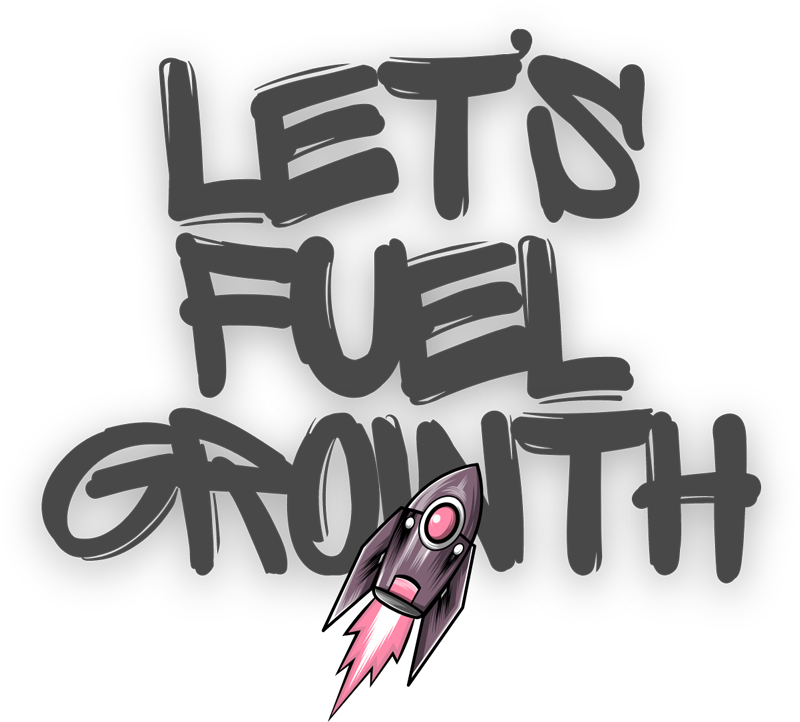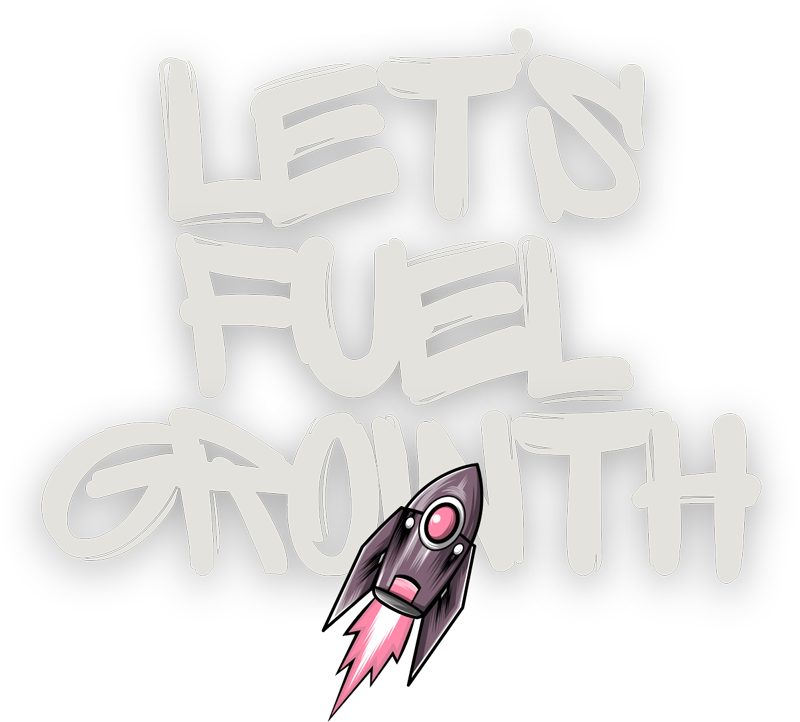
The Five Stages of Addiction Recovery: A Roadmap to Lasting Change
Addiction recovery is not a straight path, it’s a journey filled with challenges, breakthroughs, and personal growth. Whether you’re seeking help for yourself, supporting a loved one, or advocating for recovery, understanding the five stages of addiction recovery can make the process clearer, less overwhelming, and more empowering.
At Let’s Fuel Growth, we believe recovery is more than overcoming substance use, it’s about restoring dignity, rebuilding purpose, and creating a sustainable life filled with hope.
What Is the Transtheoretical Model (TTM)?
The Transtheoretical Model, also known as the Stages of Change Model, is a proven framework for understanding how people make lasting behavioral changes. Originally developed for smoking cessation, it’s now widely used for addiction recovery and mental health support.
This model breaks recovery into five key stages, each with its own challenges, milestones, and strategies.
The 5 Stages of Change in Recovery
1. Precontemplation – Not Ready for Change
- Mindset: Denial, resistance, or lack of awareness about the problem.
- Common Signs: Avoiding conversations about substance use, minimizing its impact.
- Goal at This Stage: Increase awareness without judgment.
- Helpful Actions:
- Share relatable stories of recovery.
- Encourage non-confrontational discussions.
- Offer educational resources and support networks.
2. Contemplation – Thinking About Change
- Mindset: Recognizing the problem but unsure about taking action.
- Common Signs: Mixed feelings—acknowledging harm but fearing change.
- Goal at This Stage: Build motivation and self-belief.
- Helpful Actions:
- Attend an open support meeting.
- Connect with recovery mentors or peer support.
- Explore the benefits of change vs. staying the same.
3. Preparation – Getting Ready for Action
- Mindset: Committed to making a change and actively planning steps.
- Common Signs: Researching treatment options, setting quit dates.
- Goal at This Stage: Create a clear, achievable action plan.
- Helpful Actions:
- Choose a recovery program or therapist.
- Arrange support systems—friends, family, sponsors.
- Set realistic goals and timelines.
4. Action – Making the Change
- Mindset: Actively engaging in behaviors that support recovery.
- Common Signs: Participating in treatment, avoiding triggers, adopting healthier habits.
- Goal at This Stage: Build momentum and stay committed.
- Helpful Actions:
- Stick to structured therapy sessions.
- Replace old habits with positive activities.
- Celebrate small milestones.
5. Maintenance – Sustaining Recovery
- Mindset: Focused on preventing relapse and living a balanced life.
- Common Signs: Continuing healthy habits, maintaining strong support networks.
- Goal at This Stage: Strengthen resilience and long-term recovery.
- Helpful Actions:
- Attend ongoing support groups.
- Practice self-care and mindfulness.
- Share your story to inspire others.
How Long Does Each Stage of Recovery Take?
| Stage | Average Duration | Key Focus |
| Precontemplation | Weeks to years | Awareness |
| Contemplation | Weeks to months | Motivation |
| Preparation | Days to weeks | Planning |
| Action | 3–6 months | Implementation |
| Maintenance | Lifelong | Stability |
Note: Recovery is not always linear, people may move back and forth between stages.
What If Relapse Happens?
Relapse is not failure; it’s a signal that adjustments are needed in the recovery plan. Many individuals cycle through the stages multiple times before achieving long-term stability. Aftercare programs and community support are critical for minimizing relapse risk.
At Let’s Fuel Growth, we focus on relapse prevention by combining:
- Ongoing peer mentorship
- Adventure-based challenges
- Mental health counseling
- Community engagement events
The Importance of Aftercare in Recovery
Aftercare bridges the gap between structured treatment and independent living. It includes:
- Peer support groups for continued accountability
- Skill-building workshops for career and personal growth
- Alumni networks to stay connected with the recovery community
- Studies show that people who participate in aftercare are 50% more likely to maintain sobriety for at least 12 months.
Why Let’s Fuel Growth Is Different
We’re not just about treatment, we’re about transformation.
- Community-Centered Approach: We bring people together through events, challenges, and mentorship.
- Holistic Support: We address mental health, physical wellness, and emotional resilience.
- Transparency: We clearly show where donations go and the direct impact they make.
- Adventure-Based Recovery: We inspire change through empowering outdoor and team-building experiences.
FAQ – Stages of Addiction Recovery
Q1: Can you skip a stage in recovery?
No, progression through all stages is essential, though some may move through faster than others.
Q2: What’s the hardest stage of recovery?
Many find the Action stage the most challenging because it requires consistent change in daily habits.
Q3: How can family help?
By offering non-judgmental support, encouraging treatment, and participating in family therapy.
Conclusion
Recovery is a journey of courage, resilience, and community. By understanding the five stages of addiction recovery, you can better support yourself or a loved one through each step.
If you’re ready to take the first step—or help someone else take theirs—Let’s Fuel Growth is here to guide the way.

